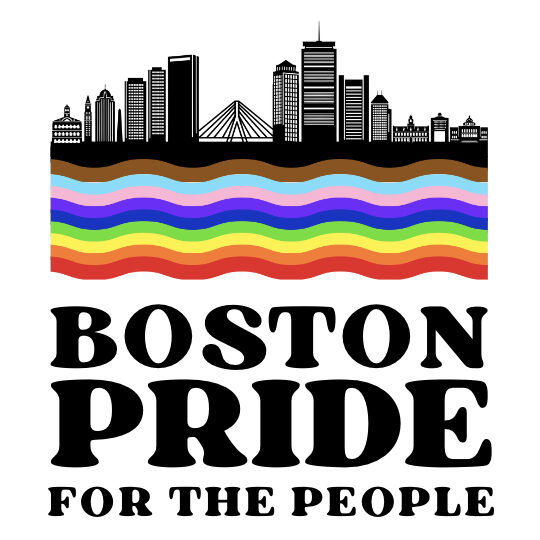Celebrating Pride in Boston: Inclusion and Accessibility
This is a special post written by Charles Warren, Curriculum Developer at Triangle. Charlie is also a member of Triangle’s Racial Equity Committee (REC) and Disability Justice Task Force (DJTF). As part of our commitment to the work of the REC and DJTF, we will be sharing more information with you on subjects related to racial equity and disability justice. This post continues our series dedicated to calling attention to the contributions of people with disabilities to American history.
June marks Pride Month, a global celebration of LGBTQ+ rights, culture, and identity. It’s a time for joy, remembrance, and advocacy for equality. Across the world, communities come alive with parades, festivals, and educational events honoring the courageous individuals who have championed LGBTQ+ liberation. In Boston, the annual Pride Parade now strongly emphasizes accessibility and inclusion.
The first official Boston Pride march took place in June 1971, evolving from earlier activist efforts in the 1970s that included workshops and demonstrations. Over the decades, Boston Pride grew significantly, becoming a major annual event in New England. In 2021, the organization that previously ran the parade dissolved amidst criticism regarding inclusivity, particularly concerns about the exclusion of racial minorities and transgender people. A new, community-driven organization, Boston Pride For The People, was formed with a renewed focus on social justice and inclusivity.

Boston Pride For The People has made accessibility and inclusion central to its mission, aiming to create a welcoming and representative celebration for everyone in the LGBTQ+ community and their allies. Their initiatives reflect a strong understanding of diverse needs and a commitment to creating an environment where all can participate fully and comfortably.
Key accessibility and inclusion measures for the Boston Pride Parade and Festival include:
- Strategic Locations: The Parade staging area, and the Festivals on the Boston Common and City Hall Plaza, are all conveniently located near MBTA (public transportation) stops, making them easily reachable.
- Navigable Paths: All areas, including the parade route, festival grounds, and vendor/community group booths, are along paved paths to ensure smooth access for individuals using mobility aids.
- Designated Accessible Viewing Areas: For the Parade and Festivals, specific viewing areas are provided. These areas are often tented and offer seating, catering to those who may need a less crowded or more comfortable space.
- Communication Access: Both the Main Stage on the Boston Common and the City Hall Plaza stage feature ASL (American Sign Language) and Deaf interpreters, along with designated areas for members of the Deaf and Hard of Hearing community.
- Parade Route Adjustments: The parade route has been thoughtfully shortened to 1.7 miles, and each contingent is limited to 75 participants, helping to make the experience more manageable and less overwhelming.
- Accessible Staging: A dedicated accessible parade staging area is situated conveniently near a T stop, accessible porta-potties, and a first aid tent. Groups with accessibility needs are prioritized by being positioned at the front of the parade, reducing waiting times.
- Sensory Considerations: Recognizing the diverse needs of attendees, a “quiet tent” is available at the Festival on the Boston Common. This provides a respite from crowds and overstimulation, offering a calm space for those who need it.
- Community-Centered Approach: Boston Pride For The People emphasizes a non-commercial, grassroots approach, prioritizing the voices and needs of marginalized communities within the LGBTQ+ spectrum. Their focus is on empowerment, education, and commemoration, fostering a space for political and social change.
- Health and Safety: Current guidelines from the CDC and the Massachusetts Department of Public Health are adhered to, and a masked-only socialization space is available at the Festival on the Boston Common for those who prefer it.
The Boston Pride Parade is not just a celebration, but an inclusive and accessible experience for every member of the community. Happy Pride Month!